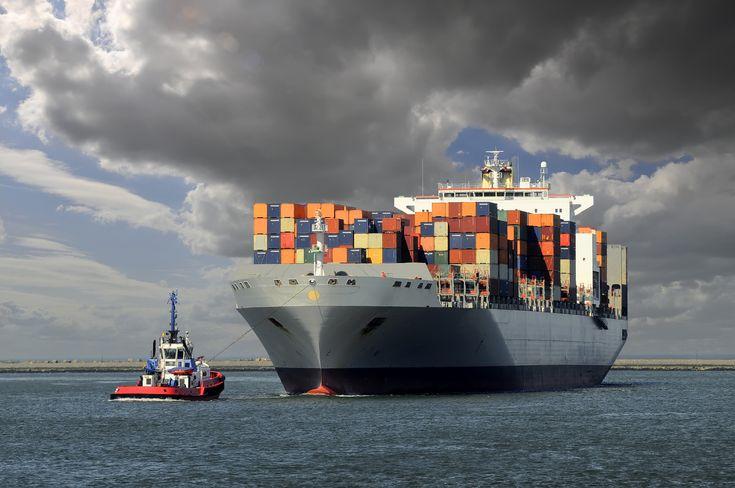In an increasingly competitive and fast-paced global economy, logistics operations must be optimized not only for efficiency but also for scalability, adaptability, and sustainability. One of the most critical — yet often overlooked — components of this success equation is Fleet Logistics Support. So, the big question is: How Can Fleet Logistics Support Improve Operations?
Fleet logistics support refers to the integrated processes, systems, and services that ensure transportation fleets operate efficiently, safely, and cost-effectively. From maintenance and fuel management to routing and driver coordination, comprehensive support systems can transform a struggling supply chain into a streamlined powerhouse.
1. Improved Operational Efficiency
At the heart of any logistics strategy is the goal of moving goods faster and more reliably. Fleet logistics support improves operational efficiency through:
-
Real-time tracking and monitoring: GPS tracking and telematics offer real-time insights into fleet location, speed, idle time, and route deviations. This reduces delays and enables quick responses to unexpected disruptions.
-
Automated route optimization: Intelligent software can calculate the most efficient routes based on traffic, weather, and delivery windows — slashing fuel consumption and delivery times.
-
Scheduled maintenance: Proactive servicing ensures fewer breakdowns and costly repairs, keeping vehicles on the road where they belong.
By automating and streamlining these essential processes, companies can significantly reduce downtime and boost delivery speed — two major factors in customer satisfaction.
2. Cost Savings and Budget Control
Fleet logistics support allows companies to rein in unnecessary spending. Fleet managers gain visibility into operational costs, allowing them to make data-driven decisions that cut waste:
-
Fuel management systems help monitor fuel usage, detect theft, and identify inefficient driving behaviors.
-
Maintenance tracking tools ensure preventive repairs are done on time, reducing the chances of major expenses down the road.
-
Asset utilization reporting can identify underused or overworked vehicles, allowing reallocation or retirement of inefficient units.
The end result? A healthier bottom line, driven by increased cost predictability and resource optimization.
3. Enhanced Driver Performance and Safety
Fleet drivers are at the core of logistics operations. A well-supported fleet is also a safer fleet, with better-trained and more motivated drivers:
-
Driver scorecards and performance analytics help identify training needs and reward top performers.
-
In-cab safety systems such as dashcams and fatigue monitoring reduce accident rates and enhance compliance.
-
Digital communication tools keep drivers informed and supported, minimizing confusion and human error.
Happy, safe, and informed drivers contribute directly to reduced turnover and improved service quality.
4. Scalability and Adaptability
As businesses grow or diversify, fleet logistics support systems can scale accordingly:
-
Modular software platforms allow businesses to add new services or geographic regions without a complete overhaul.
-
Cloud-based fleet management systems make it easier to integrate new vehicles, drivers, or delivery hubs seamlessly.
-
Data analytics and forecasting support demand planning, helping businesses anticipate and adjust for seasonal fluctuations or unexpected spikes.
A well-designed support structure ensures that growth doesn’t come at the cost of chaos.
5. Sustainability and Regulatory Compliance
Sustainability is no longer optional. Fleet logistics support plays a vital role in reducing the environmental footprint:
-
Eco-driving programs improve fuel efficiency and reduce emissions.
-
EV integration support helps companies transition to electric or hybrid vehicles with appropriate infrastructure and management tools.
-
Compliance management systems keep businesses up-to-date with emissions regulations, driver licensing, and safety inspections.
Meeting green standards not only boosts brand reputation but can also unlock government incentives and new business opportunities.
6. Better Customer Satisfaction
In today’s e-commerce and just-in-time delivery world, customers demand speed, transparency, and reliability. Fleet logistics support delivers:
-
Accurate ETAs and live tracking links provide customers with confidence and clarity.
-
Fewer delays and breakdowns translate to better delivery performance.
-
Feedback loops and analytics help companies measure customer satisfaction and improve service based on real-world data.
Meeting — and exceeding — delivery expectations can turn one-time buyers into lifelong customers.
Final Thoughts
So, how can fleet logistics support improve operations? The answer lies in its ability to connect every aspect of fleet management — from fuel and maintenance to drivers and data — into a cohesive, intelligent, and proactive system.
For companies willing to invest in the right tools and strategies, the benefits are enormous: streamlined operations, reduced costs, safer fleets, happier customers, and a more agile response to market shifts. In short, fleet logistics support isn’t just about keeping vehicles moving — it’s about driving business forward.

